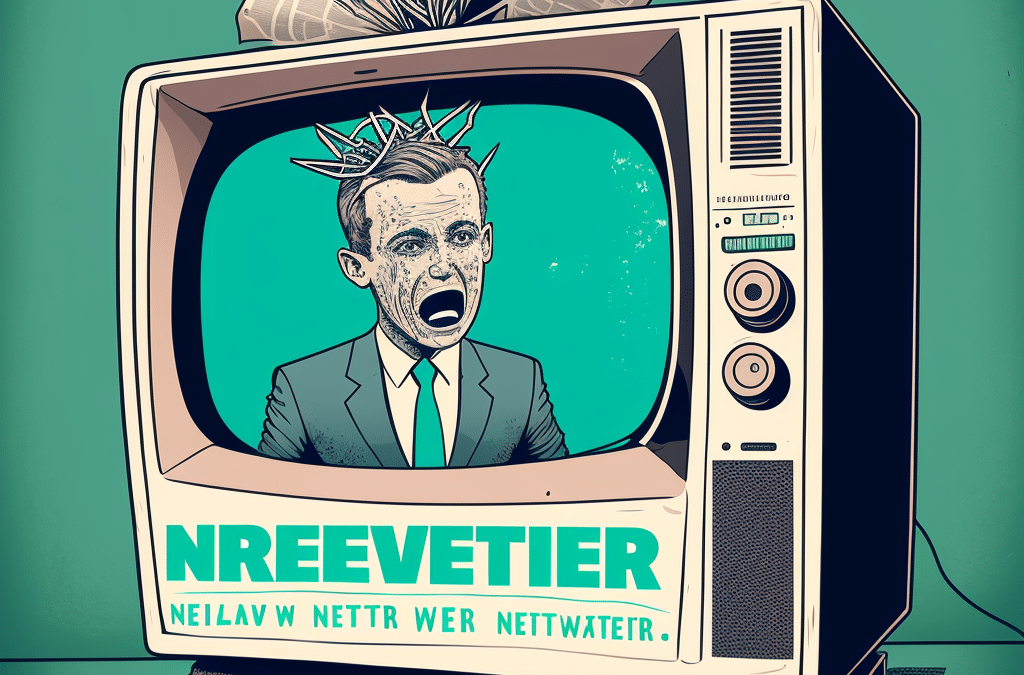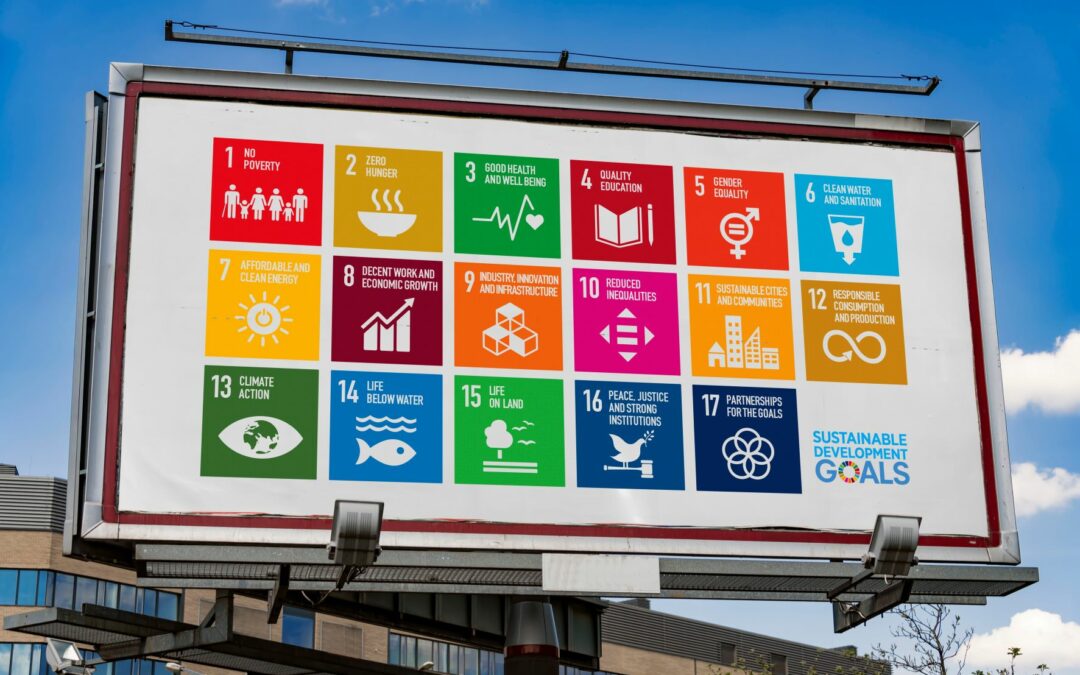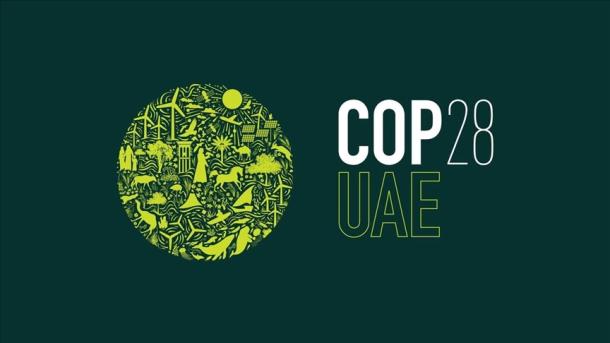The past is beating the dickens out of future
Dr. Michael E. Mann made a fundamental contribution to the “Observed Climate Variability and Change” chapter of the Intergovernmental Panel on Climate Change (IPCC) Third Scientific Assessment Report published in 2001. That analysis established humanity’s responsibility for global warming and climate change. He and ardent climate activist, former Australian Prime Minister Malcolm Turnbull, recently addressed the University of Pennsylvania’s Center for Science, Sustainability, and the
Media, where Mann is the Presidential Distinguished Professor. Their conclusion:
“A future of abundant, affordable, sustainable energy is achievable – if politics don’t stand in the way.”

The problem, of course, is that politics are obstructing the adoption of the many technological solutions to the climate crisis on a worldwide basis. Solar, wind, hydro, conservation, etc., etc. are tested and ready to go. Infuriatingly, fossil fuel interests cynically fund misinformation and doubt, which promote a general inertia and fear of the globe’s population. Massive social and economic changes are necessary to transition to a green economy, but they are not happening. Achieving a net zero by 2050 is like a mirage that becomes ever more out of reach. One emission reduction deadline after another is missed. Progress is being made, but it is way too slow.

The facts are very depressing to anyone who is paying attention. Folks who’ll be alive for most of this century have every reason to be panicked, disgusted, and enraged. The assumptions, thinking and behaviors of the past are strangling the bright possibilities of the future.
Organizational interoperability is the path to victory
- Interoperability is the capacity of differing organizations to work together without losing their distinctive identities.
- Interoperability is all around us. Think of furnishing a room with purchases from ten different vendors. They fit together when you put them in a space, but they never lose their unique qualities. They act as a unit. If you move, you don’t have to take any of them with you.

- Organizations can and need to operate in harmony. People create organizations to pursue specific missions. Every organization has its own culture. When they are asked to or expected to “partner” or “merge” with each other to accomplish goals that seem similar but aren’t the same, there are frequently problems. Like people, organizations cherish their independence. Great plans turn out to be bad ideas.
- An enormous number of organizations know something about managing Earth’s resources rationally and sensitively. Unfortunately, they are losing the battle.
- The political strategies of denial, egomania, and greed have been and are more successful than the tactics of us who see the climate crisis clearly. Their ignorance, disinformation, and short-term thinking dominate and distract. Many/most cultural and educational institutions, and media outlets don’t act like there is a climate emergency. Aware people need to stop complaining about the callous politics of their opponents. We need to develop political strategies that defeat their contempt for our impotence. We must win this is existential battle for the future.
The security/sustainability nexus
- Expanding the definition of a problem is a creative way to see it with new eyes.
- Climate change is usually thought of as an ecological issue. Given the fact that many people and organizations dump their pollution, waste, and filth into the natural environment without any concern, it’s clear that billions think of the environment as being someone else’s problem. Meanwhile, huge sums of money are being made off the general public’s ignorance and inattention.

- It’s not so easy to dismiss security problems, however. Try kicking a grenade down the road; it might just kill you.
- The world’s security situation is deteriorating. Nations and sub-national groups are expanding arsenals and fighting ruinous wars within and between nations. The detonation of nuclear weapons remains an ominous possibility. Cybersecurity, actions by terrorist organizations and violent “lone wolves,” economic instability and rising inequality, and devastating pandemics spawned by drug-resistant superbugs or new bioweapons are all part of the security mix. And they all can and do have devastating and immediate impact on the climate, nature and on scores of thousands of people.
- Security experts worldwide view climate change as a threat in and of itself and as a threat multiplier when other problems arise.
- Al Gore recently compared climate struggle to nuclear war. Both are “civilization ending.” If climate change were to be seen as a clear and present danger to life and limb today, not tomorrow, humanity would start paying serious attention to it. People may not care about what happens to an old growth forest hundreds of miles away, but their kids getting shot at school or their water being poisoned by terrorists will get their attention in a heartbeat.

- Like Mark Twain said, “Nothing so focuses the mind as the prospect of being hanged.”
Humanity has built its own gallows; we just don’t want to admit it. Make the security threat immediate, and the center of the world’s attention will change quickly.
Luckily, serious organizations are working on the problem

- The Security and Sustainability Guide is proof that thousands of organizations, tens of thousands of committed and trained people, and billions of dollars in resources are working on some aspect of the security and sustainability nexus.
- Unfortunately, these organizations frequently don’t know about each other, don’t always “play well” together, and/or don’t necessarily trust each other.
- Organizations are usually internally focused. They pursue their unique vision and mission. Many security-oriented organizations and personnel neither pay attention nor have respect for environmental activists. Similarly, many ecologically-focused organizations assume that they are working at cross purposed to security institutions and their personnel. Both sorts of institutions often compete with others in their own fields and never even think about making connections across the larger security and sustainability context.
- And, of course, individual and team interests and egos are always involved and frequently in conflict.

Informal coalitions and formal alliances frequently work better than marriages or mergers
- Interoperability reduces common organization tensions.
- Think of this Venn diagram as a network, where each character represents a specific organization.

- Each of the circles contains a set of organizations, and each circle intersects with the other two.
- The organizations in each of the circles share some common features with each of the other organizations in that circle. Their missions are similar and/or their operating infrastructures are parallel.
- Notice that there is a “sweet spot” where organizations in all three circles share common characteristics.
- Organizations achieve interoperability when they all unite around what they can do better together than as one.
- Once that objective is accomplished, they can move on to other activities, including ones where they may disagree.
Ukraine is demonstrating the power of interoperability:
- Russia’s brutal aggression against Ukraine is a vivid illustration of the security and sustainability nexus.
- Ukraine is a diverse society in a global context. Tens of thousands of organizations are involved and affected.
- All the world is amazed and impressed by the tenacity and the resilience of the Ukrainians, who face an overwhelming and brutal military force.

- On the first night of Russia’s invasion, President Zelenskyy and his senior staff emerged from their bunker. They announced to Ukraine and to everyone everywhere that they were still there and that they weren’t going to give up their democracy without a fight to the death.
- As President Zelenskyy said, “Ukraine became a single fist.”
- Non-critical differences continue to both plague and be put aside by Ukraine and its allies. Ukraine’s viability depends on the interoperability achieved by the larger system.
When the climate situation is seen as the threat that it is, security and sustainability organizations, worldwide, can became one fist

Fusion Power Packs a Big Bang!
- Thousands of approaches and solutions to the ecological crises are sprouting up everywhere daily! Imagine what it would mean if the international security systems were to agree that the climate crisis is a Code Blue emergency for the planet. The impact on education, economics and the media would be profound.
- Perhaps then humanity would take an ancient and wise teaching to heart:
“When I was a child, I spoke as a child, I understood as a child, I thought as a child: but when I became an [adult], I put away childish things.” (1 Corinthians 13:11, King James Version)
Climate activism is an antidote for depression and anxiety
Ecopsychepedia is an effort to understand and treat the mental health wide-spread consequences of climate anxiety. A recent study by Yale and Suffolk University demonstrated that collective climate activism is a way to break free of the chains of this kind of depression and distress. Climate anxiety can paralyze young people. They are woke to the scope of the crisis in a way that many of their elders are not.
Tragically, many psyches are dominated by a narrative that assumes the inevitability of humanity’s extinction … soon. That feeling makes people pessimistic, nihilistic, depressed, enraged, fatalistic, numb … you name it. Collective activism is the way out of this doomsday space. the room with the “No Exit” sign over the door. Interoperability supports massive collective action. Distinctiveness is expected; diversity is a positive. Interoperability is a strategy for victory. It creates a narrative of hope.

ARTICLES AND ONLINE SOURCES
Climate Change Is at a Political Tipping Point, published by the World Economic Forum on March 10, 2022, a podcast by Al Gore
Climate change is a risk to national security, the Pentagon says, National Public Radio story, October 26, 2021, by Noel King.
Erlanger, S., “Spat Over Patriot Missiles Reveals Deepening Rifts in Europe Over Ukraine,” The New York Times, December 10, 2022.
“Extreme Avoidance: A future of abundant, affordable, sustainable energy is achievable – if politics don’t get in the way.” The Pennsylvania Gazette, November/December 2022. (Full coverage of the event can be found at the Perry World House YouTube site.)
Light, S, “The Surprising Role the Military Plays in Environmental Protection,” Knowledge at Wharton, July 29, 2014.
Maloney, C., Chair, US House Committee on Oversight and Reform Press Release, “Internal Documents Reveal the Industry Is Making Long-Term Fossil Fuel Investments as They ‘Resist and Block’ Climate Regulation,” December 9, 2022.
Resilience policing and climate change: Adaptive responses to hydrological emergencies, published by Taylor & Francis in The Routledge Handbook of ‘Policing within a Crisis’ (Eds. Gary Cordner & Martin Wight), 2022.
Sales, M, “The Security and Sustainability Guide: A Compass for the Anthropocene,” December 2022 podcast.
Yale researchers find collective activism can be a buffer for ecoanxiety and depression, published by Yale News on March 8, 2022, by Chole Nield.
Sixty Minutes interview with President Vlodymyr Zelenskyy, “We became a single fist,”https://twitter.com/60minutes/status/1513302827044589573?lang=en on April 10, 2022
Was This $100 Billion Deal the Worst Merger Ever?, published in The New York Times on November 28, 2022, by James B. Stewart
BOOKS AND REPORTS
Alinsky, S, Rules for Radicals. New York: Random House, 1971.
Argyris, C and Schön, D, Organizational Learning: A Theory of Action Perspective. Reading, MA: Addison-Wesley, 1978.
Department of Defense, Office of the Undersecretary for Policy (Strategy, Plans, and Capabilities). 2021. Department of Defense Climate Risk Analysis. Report Submitted to National Security Council. https://media.defense.gov/2021/Oct/21/2002877353/-1/-1/0/DOD-CLIMATE-RISK-ANALYSIS-FINAL.PDF
Fuller, R.B, Operating Manual for Spaceship Earth. New York: E.P. Dutton, 1963.
Lakey, G., How We Win: A Guide to Non-Violent Campaigning. Brooklyn: Melville House, 2018.
Michael Marien, Michael Sales, and David Harries, Principals, and others, The Security and Sustainability Guide: Beyond Fragmentation toward Cooperation
Moran, D., editor, CLIMATE CHANGE AND NATIONAL SECURITY: A Country-Level Analysis, published by Georgetown University Press, 2022
The National Security Implications of a Changing Climate, https://obamawhitehouse.archives.gov/sites/default/files/docs/National_Security_Implications_of_Changing_Climate_Final_051915.pdf, published by the White House, May 2015.
Oshry, B. Seeing Systems. San Francisco: Berrett-Kohler, 1995.
Sales, M. “Understanding the Power of Position,” in Organization Developments, A Jossey-Bass Reader, Gallos, J., editor. Hoboken, NJ: Wiley Publishing, 2006.
Schwartz, S.E.O., Benoit, L., Clayton, S. et al. Climate change anxiety and mental health: Environmental activism as buffer. Curr Psychol (2022). https://doi.org/10.1007/s12144-022-02735-6.
Senge, P. The Fifth Discipline. New York: Penguin Random House, 2006.
United Nations Development Program, 2022 Special Report on Human Security New Threats to Human Security in the Anthropocene: Demanding Greater Solidarity, published February 2022.
Ury, W. and Patton, B., Getting to Yes: Negotiating Agreement Without Giving In. New York: Penguin Group, 2011.
von Oech, Roger, A Whack on the Side of the Head: How You Can Be More Creative, New York: Grand Central Publishing, April, 1990.
Zelm, M., et al, Enterprise Interoperability. Newark NJ: John Wiley and Sons, 2018.




0 Comments